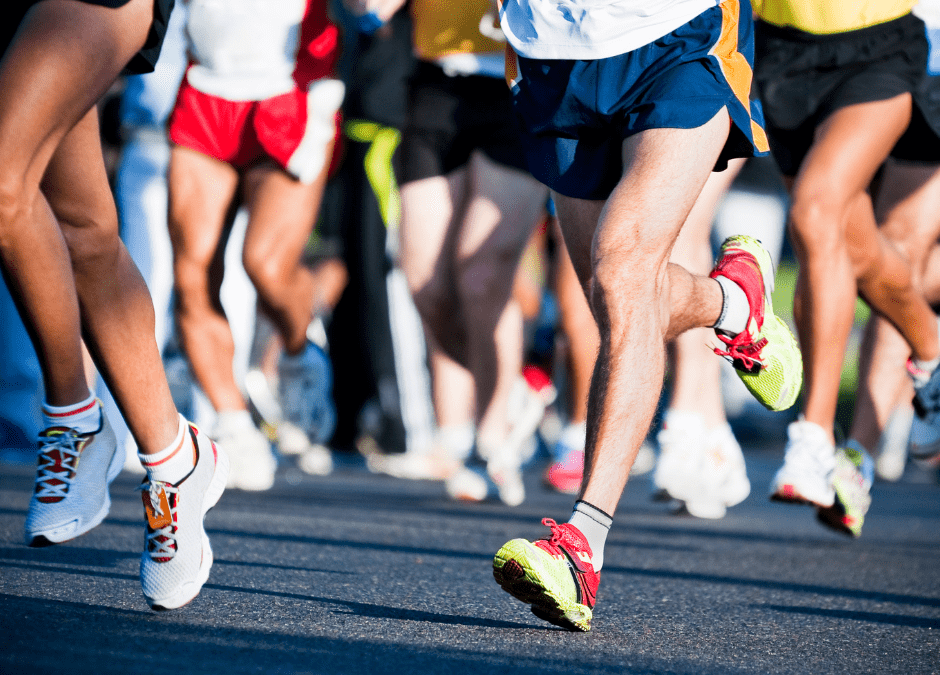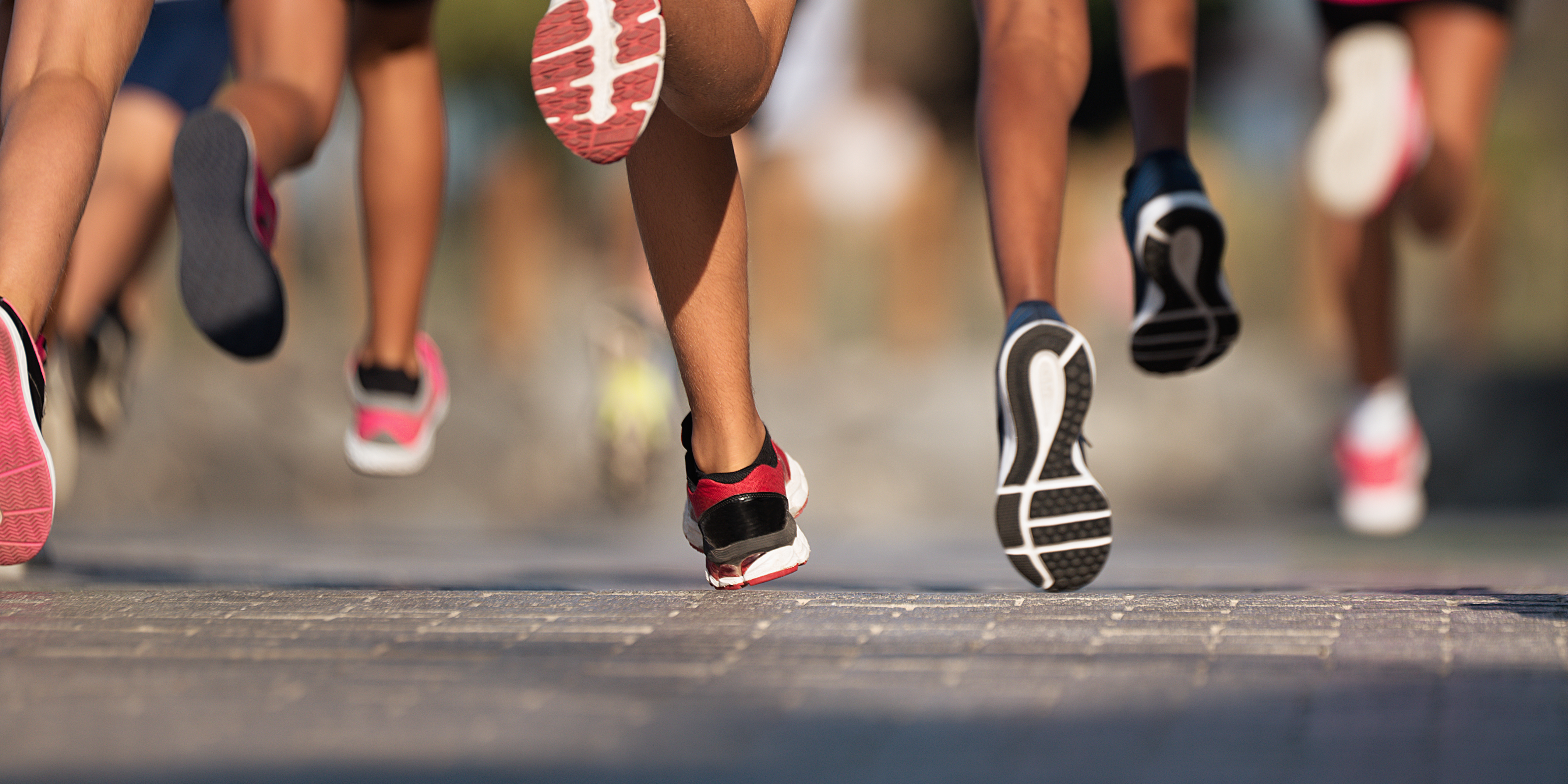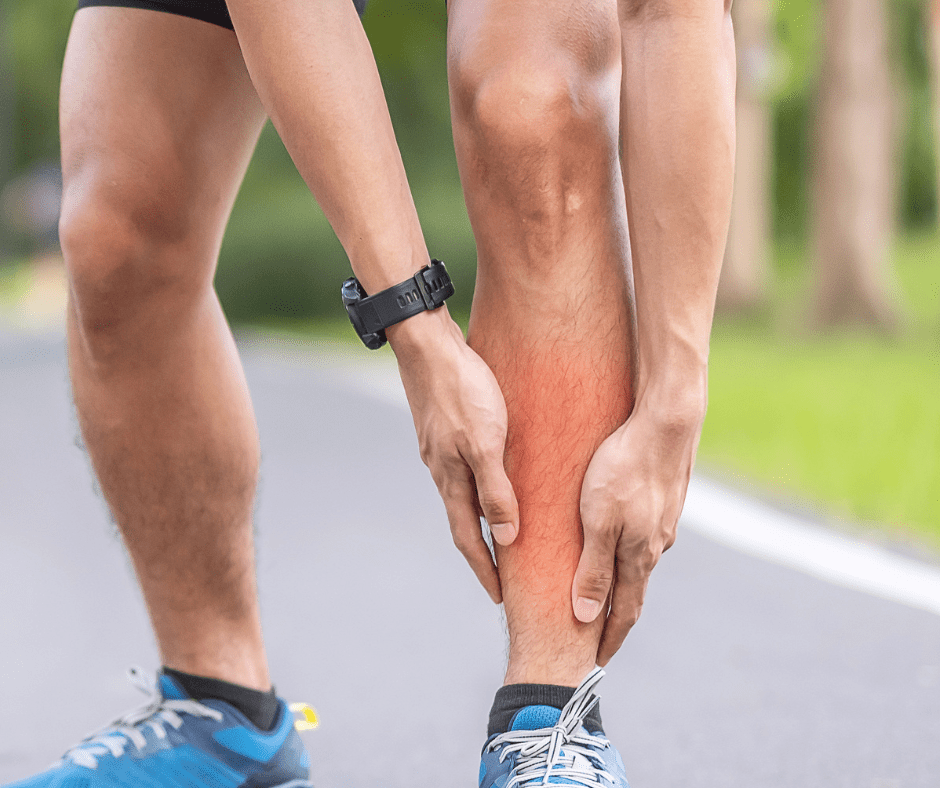What are the most common running injuries?
It’s that time of the year again and I’m starting to see a lot more patients in my clinic who are training for the upcoming marathons. I thought I would take this opportunity to write a short piece on our understanding of Achilles tendon problems. Achilles tendon problems do tend to affect runners more than the average population and as the training for the marathon ramps up Achilles tendon problems can become more frequent.
I wanted to start off by stating that as medical professionals we still have an incomplete understanding of what Achilles tendon problems really are. They obviously cause pain and dysfunction but we still are not fully convinced about what the underlying pathology is. And at the end of the day does that pathology really matter? As therapists what we are more interested in is reducing your pain and keeping you running.
The most commonly accepted an up-to-date model of Achilles tendon problems is that they are not inflammatorily conditions, hence why they are no longer called Achilles tendinitis. What is now referred to as Achilles tendinopathy is thought to be a degenerative process that takes place in the tendon. As the tendon fails to adapt to the loads that is put through it the collagen fibres within the tendon become weak and disorientated and somehow this creates pain. There are other neurological and cellular mechanisms at play that are beyond the scope of this article.
Achilles tendinopathy
One interesting thing associated with Achilles tendinopathies is that they also occur in people with hypertension, diabetes, obesity, exposure to oestrogen or steroids and use of quinolone antibiotics. So it seems that lifestyle as well as training volume can play a huge part in whether you develop a tendinopathy or not.
A typical presentation of Achilles tendinopathy would be swelling and impaired performance, morning stiffness that tends to wear off in the first half an hour or so, tenderness to touch in the mid portion and insertion of the Achilles, a fusiform thickening in the mid portion of the Achilles and pain on the commencement of exercise that seems to ease during exercise but then stiffens up again after exercise. Disconcertingly if you have this fusiform thickening in the tendon with pain and dysfunction medical experts suggest that it can take between 18 months to 4 years before your Achilles pain can resolve.
Although medical experts may not all agree on the underlying pathology at play in Achilles pain, we are all in agreement that exercise is the best treatment and management strategy. There are specific eccentric exercises that can help Achilles pain and I would advise you to speak to a physiotherapist to find out what these are and if they are appropriate for you.
Other treatment strategies include autologous blood injections, PRP injections, Cortisone injections around the tendon but not into the tendon, high volume injections as well as acupuncture, laser and shockwave therapy. Speak to your GP or physiotherapist about whether any of these treatment strategies are appropriate for you.




